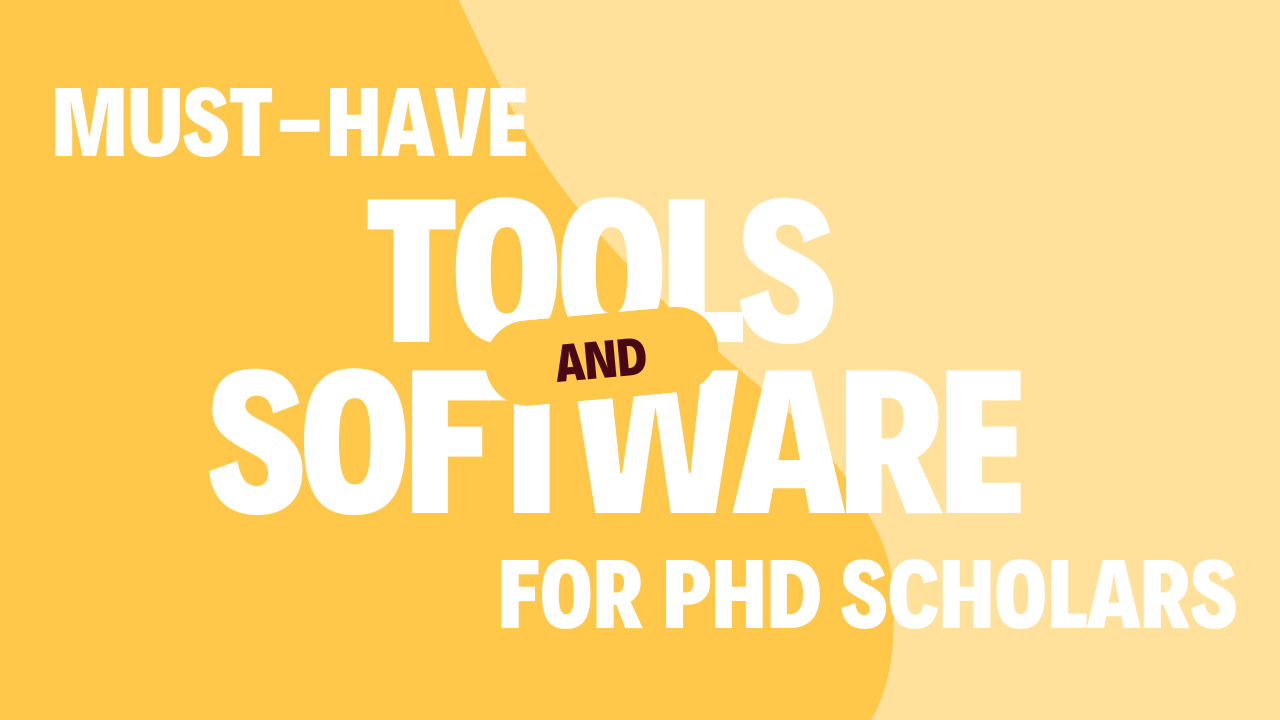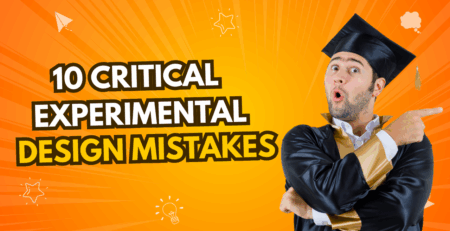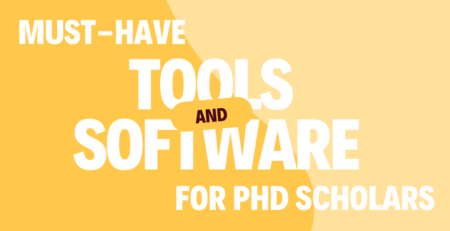Revolutionizing PhD Research: Advanced Strategies for Success in the Digital Age
Kenfra2025-02-10T09:54:14+05:30Pursuing a PhD is a monumental journey that requires not only intellectual rigor but also strategic planning and adaptability. In today’s fast-paced, technology-driven world, the landscape of academic research is evolving rapidly. From advanced data analysis tools to AI-powered research assistants, the opportunities to enhance your PhD research are endless. At Kenfra Research, we are committed to helping PhD scholars navigate these advancements and achieve their academic goals. In this blog, we explore advanced strategies and tools that can revolutionize your PhD research process.

1. Leveraging Artificial Intelligence and Machine Learning in Research
Managing citations and references manually is tedious. Reference management tools simplify the process, ensuring proper citation formatting and organization.
- Zotero – Free and open-source reference manager with cloud syncing.
- Mendeley – Great for organizing research papers, citations, and annotations.
- EndNote – Advanced citation management for extensive research with collaborative features.
Using reference management tools allows PhD scholars to efficiently organize their literature, create bibliographies, and avoid plagiarism. These tools integrate seamlessly with word processors, enabling automatic citation generation in various formats like APA, MLA, and IEEE.
2. Embracing Open Science and Collaborative Research
The open science movement is reshaping how research is conducted and shared. By embracing open science principles, you can enhance the transparency, reproducibility, and impact of your work:
- Open Access Publishing: Publish your findings in open-access journals to reach a wider audience and increase your research impact.
- Data Sharing: Use platforms like Zenodo or Figshare to share your datasets, making them accessible to other researchers.
- Collaborative Tools: Platforms like Overleaf (for collaborative writing), GitHub (for code sharing), and Slack (for team communication) can facilitate seamless collaboration with peers and advisors.
Open science not only accelerates the pace of discovery but also fosters a culture of collaboration and accountability.
3. Mastering Advanced Research Methodologies
As research becomes more interdisciplinary, mastering advanced methodologies can give you a competitive edge:
- Mixed Methods Research: Combine quantitative and qualitative approaches to gain a more comprehensive understanding of your research problem.
- Big Data Analytics: Learn to work with large, complex datasets using tools like Hadoop, Spark, or Tableau.
- Experimental Design: Explore advanced experimental designs such as factorial designs, randomized controlled trials, or quasi-experimental methods.
At Kenfra Research, we offer specialized training and guidance to help you master these methodologies and apply them effectively in your research.
4. Utilizing Digital Tools for Project Management
A PhD is a long-term project that requires meticulous planning and organization. Digital tools can help you stay on track:
- Reference Management: Tools like Zotero, Mendeley, and EndNote can help you organize and cite your sources efficiently.
- Task Management: Platforms like Trello, Asana, or Notion can help you break down your research into manageable tasks and set deadlines.
- Time Tracking: Use apps like Toggl or RescueTime to monitor how you spend your time and identify areas for improvement.
By staying organized, you can reduce stress and ensure steady progress toward your goals.
5. Enhancing Academic Writing and Publishing Skills
Writing is a core component of PhD research, and mastering academic writing is essential for success:
- Structured Writing: Use frameworks like IMRaD (Introduction, Methods, Results, and Discussion) to structure your thesis or research papers.
- Peer Feedback: Join writing groups or workshops to receive constructive feedback on your work.
- Targeting High-Impact Journals: Learn how to tailor your manuscripts to meet the standards of top-tier journals in your field.
Kenfra Research offers personalized writing assistance, from drafting your research proposal to polishing your final thesis.
6. Building a Strong Academic Network
Networking is a powerful tool for advancing your research career. Here’s how to build and leverage your academic network:
- Attend Conferences: Present your work at conferences to gain visibility and connect with experts in your field.
- Join Professional Associations: Become a member of academic societies and participate in their events and forums.
- Collaborate Globally: Use platforms like ResearchGate or LinkedIn to connect with researchers worldwide and explore collaborative opportunities.
A strong network can open doors to new ideas, collaborations, and career opportunities.
7. Staying Resilient and Motivated
The PhD journey is as much about mental resilience as it is about academic excellence. Here are some tips to stay motivated:
- Set Realistic Goals: Break your research into smaller milestones and celebrate each achievement.
- Seek Support: Don’t hesitate to reach out to your advisor, peers, or a mentor when you face challenges.
- Practice Self-Care: Prioritize your physical and mental well-being by maintaining a healthy work-life balance.
At Kenfra Research, we understand the emotional challenges of PhD research and offer holistic support to help you stay focused and motivated.
How Kenfra Research Can Help
At Kenfra Research, we are more than just a PhD assistance provider—we are your partners in academic success. Our services include:
- Research Proposal Development
- Methodology Design and Data Analysis
- Thesis Writing and Editing
- Publication Support
- Career Guidance and Mentorship
With our expertise and personalized approach, we empower you to navigate the complexities of PhD research and achieve your academic aspirations.
Conclusion
The future of PhD research is bright, with endless possibilities for innovation and collaboration. By embracing advanced tools, methodologies, and strategies, you can elevate your research and make a meaningful contribution to your field. At Kenfra Research, we are here to support you every step of the way.








Leave a Reply